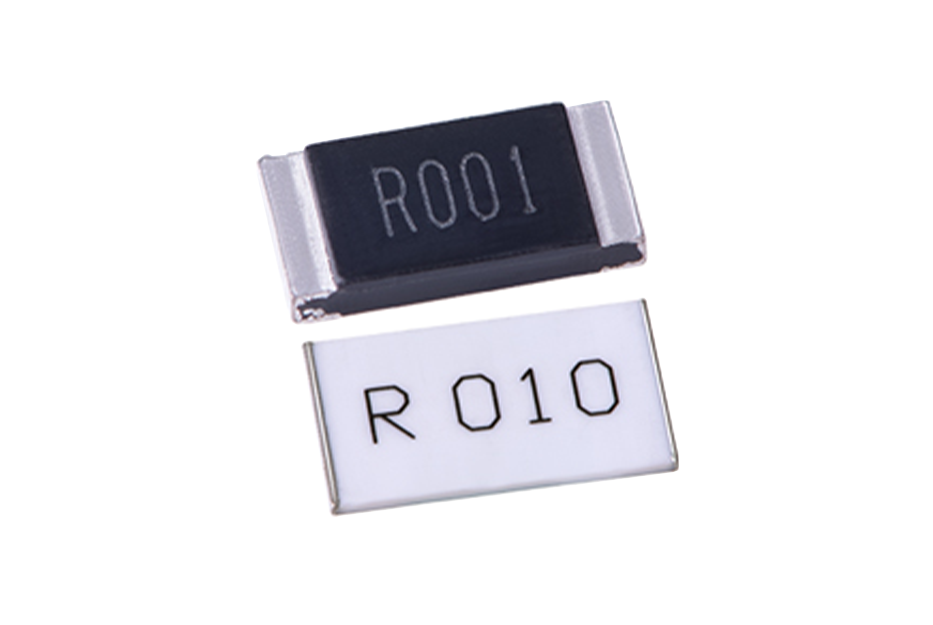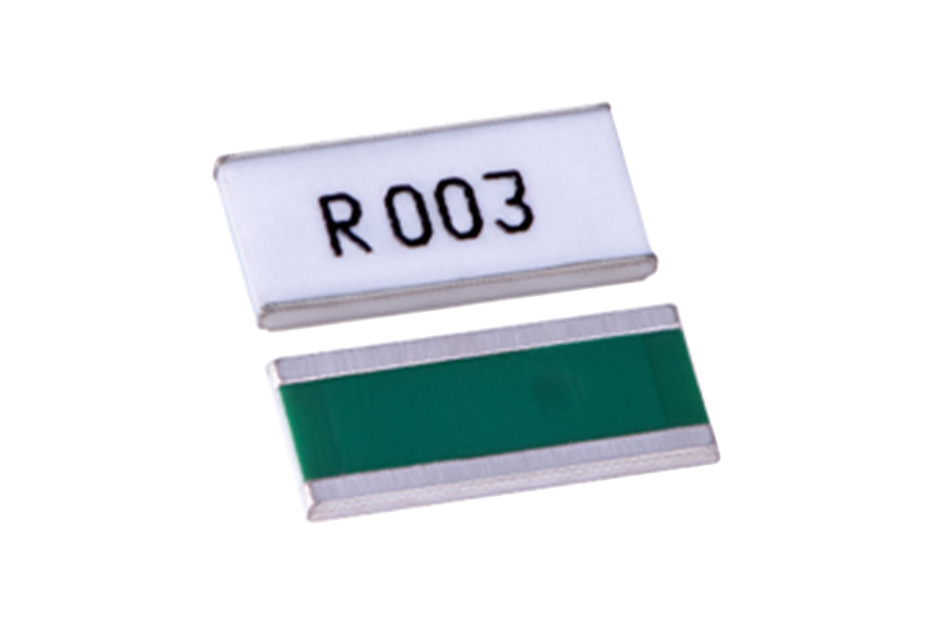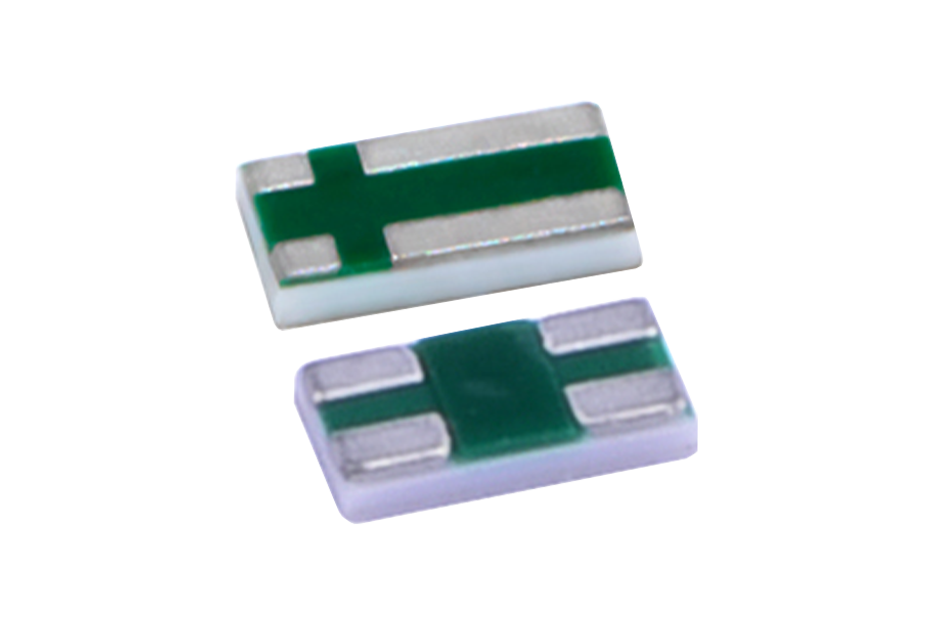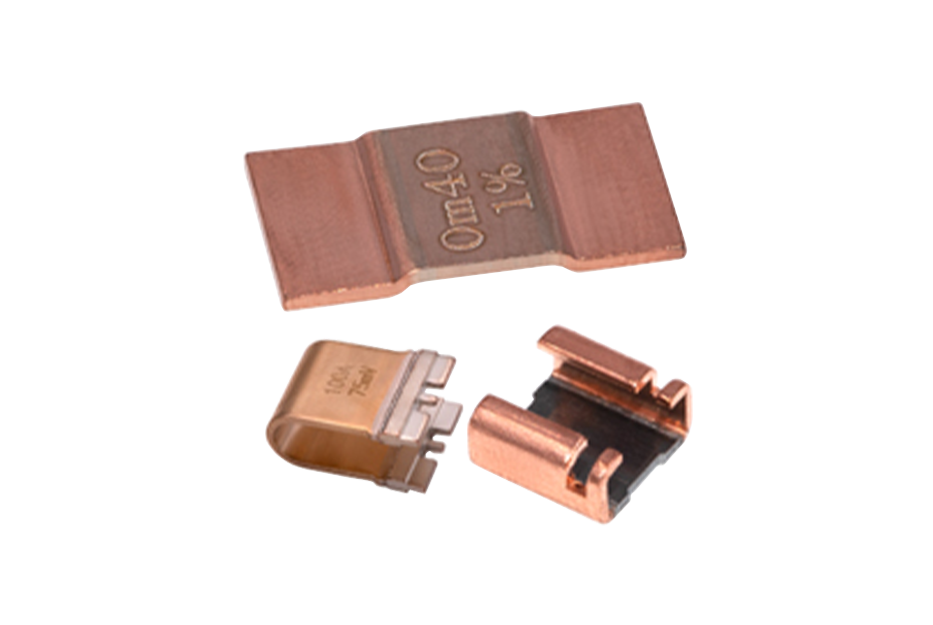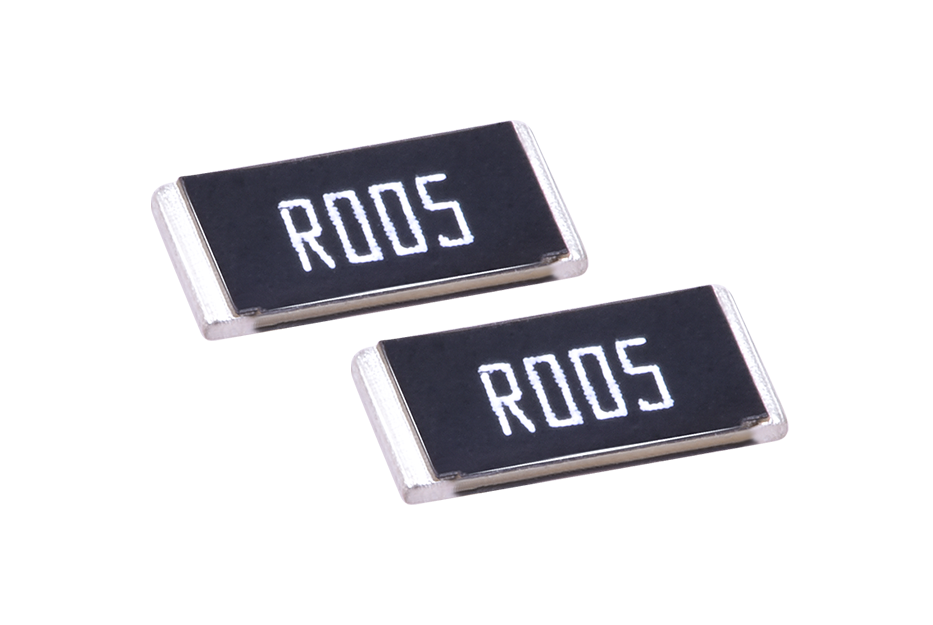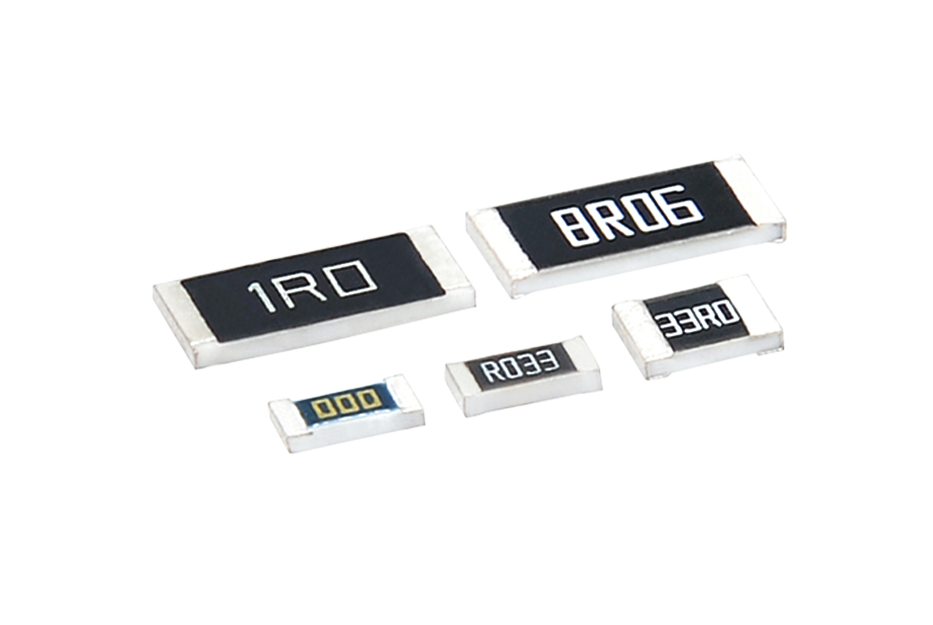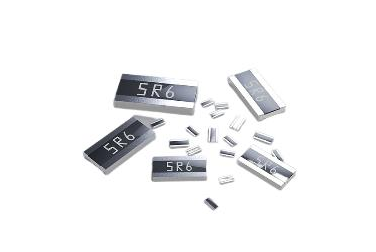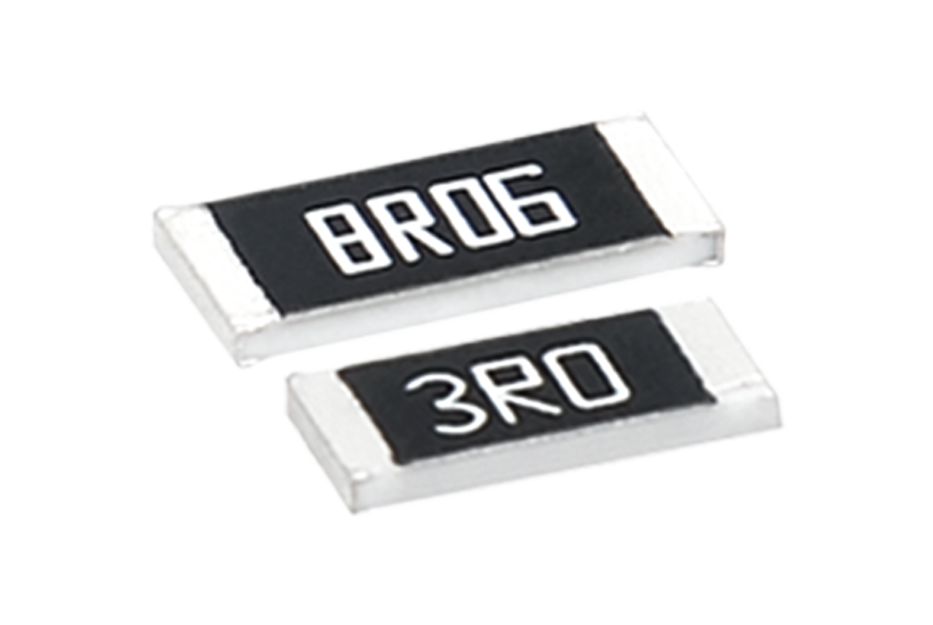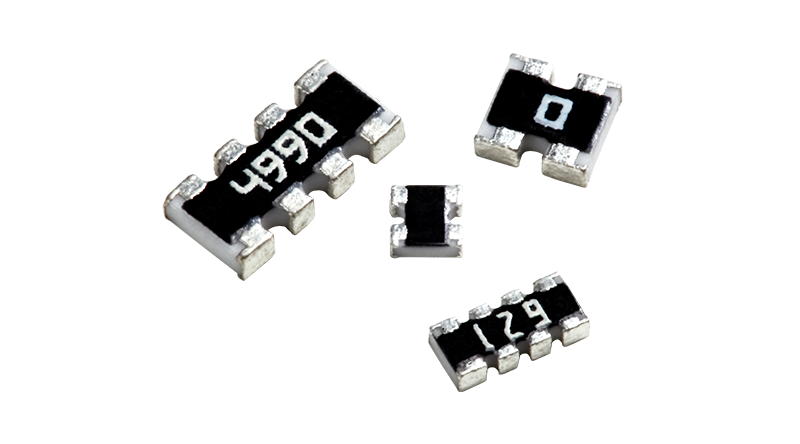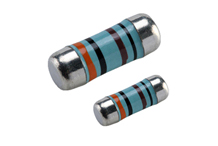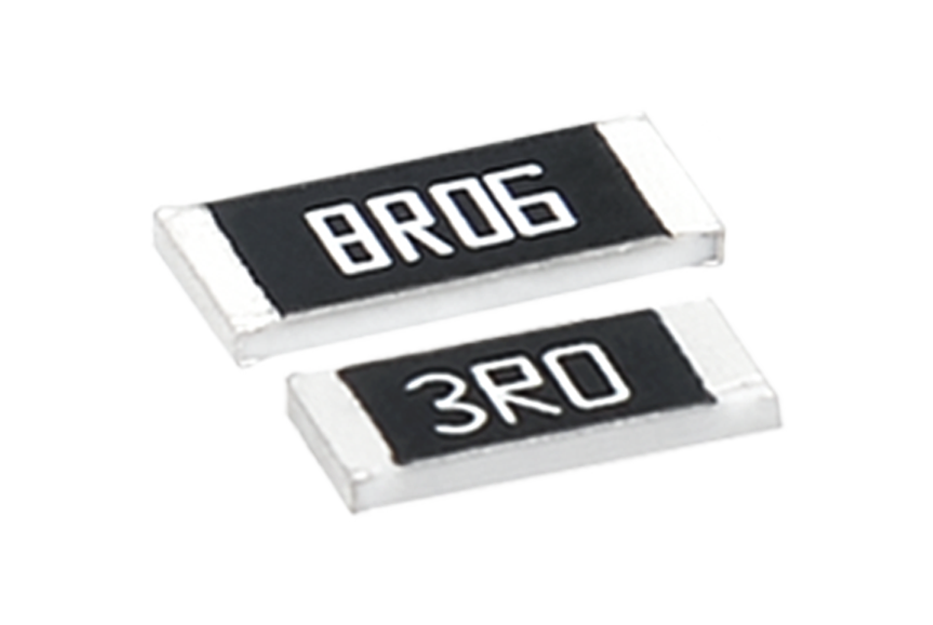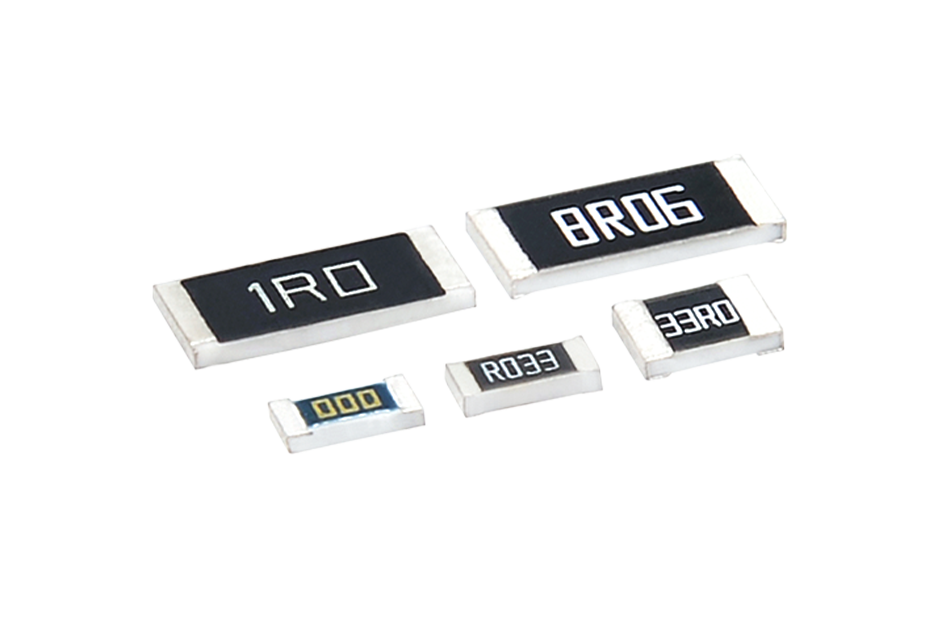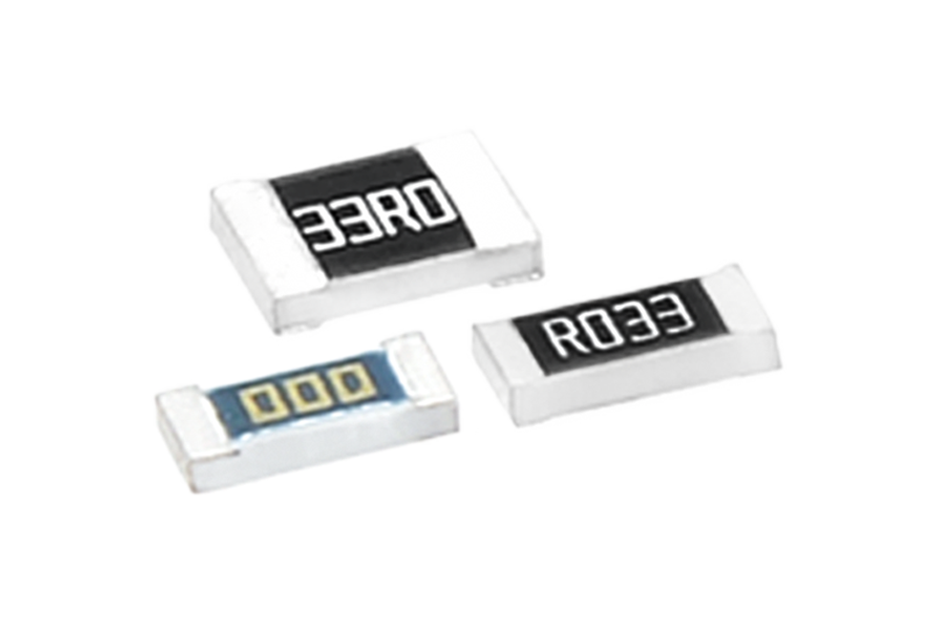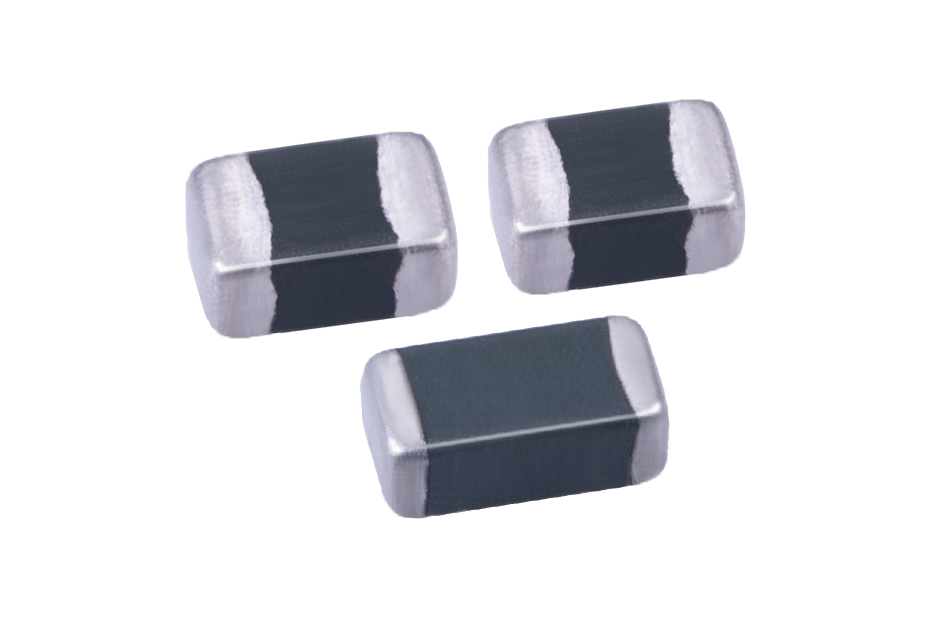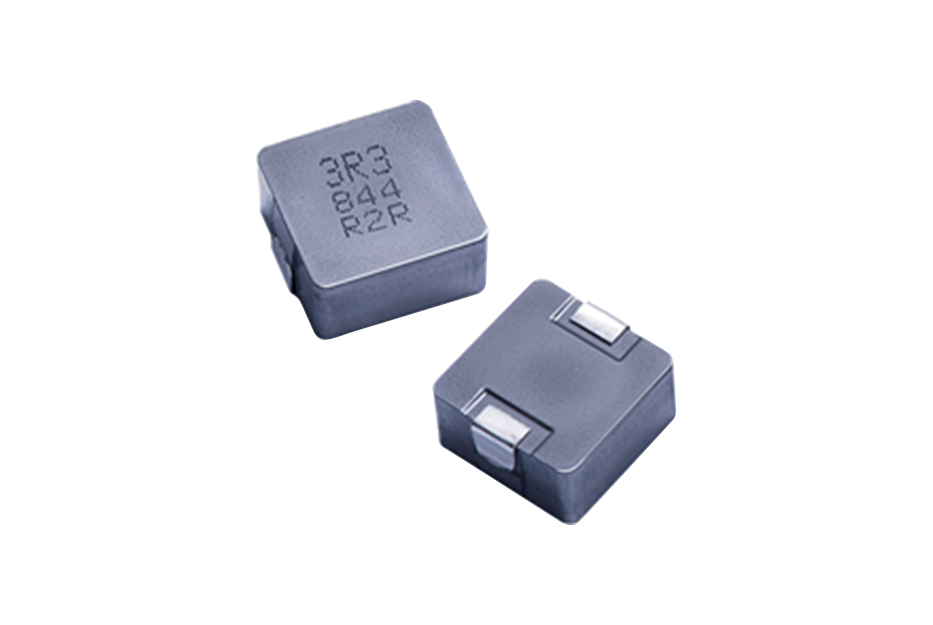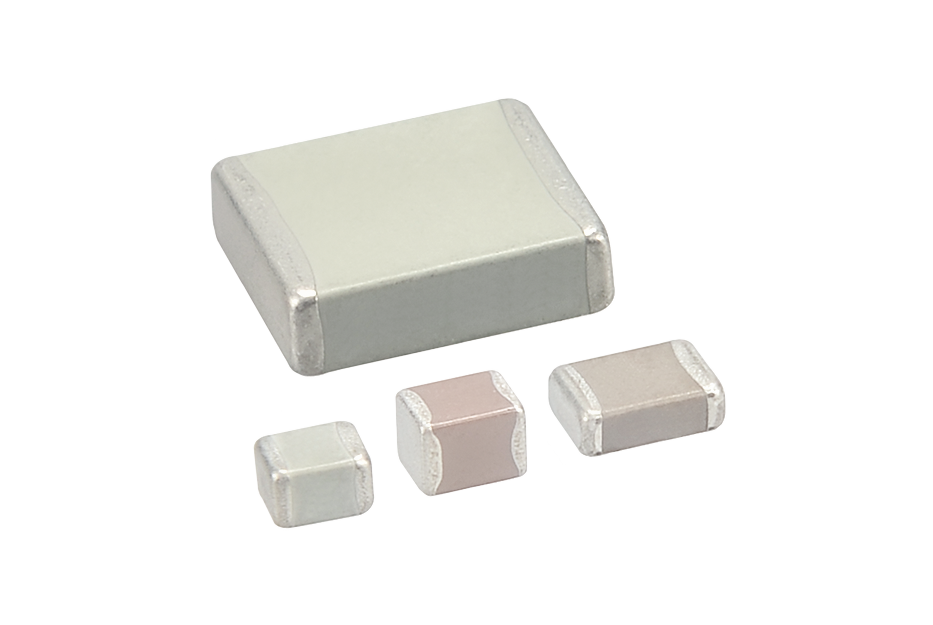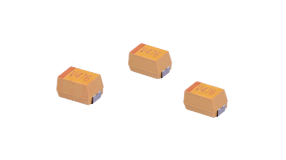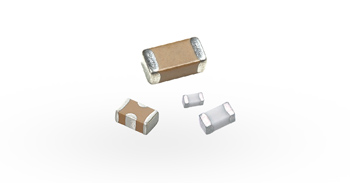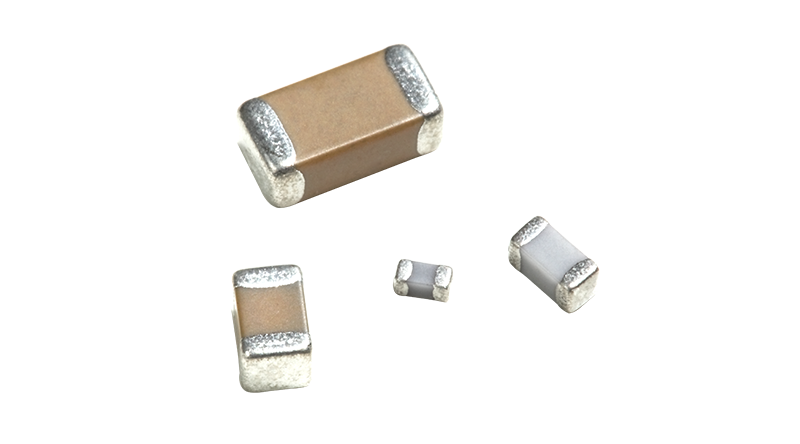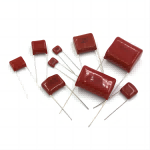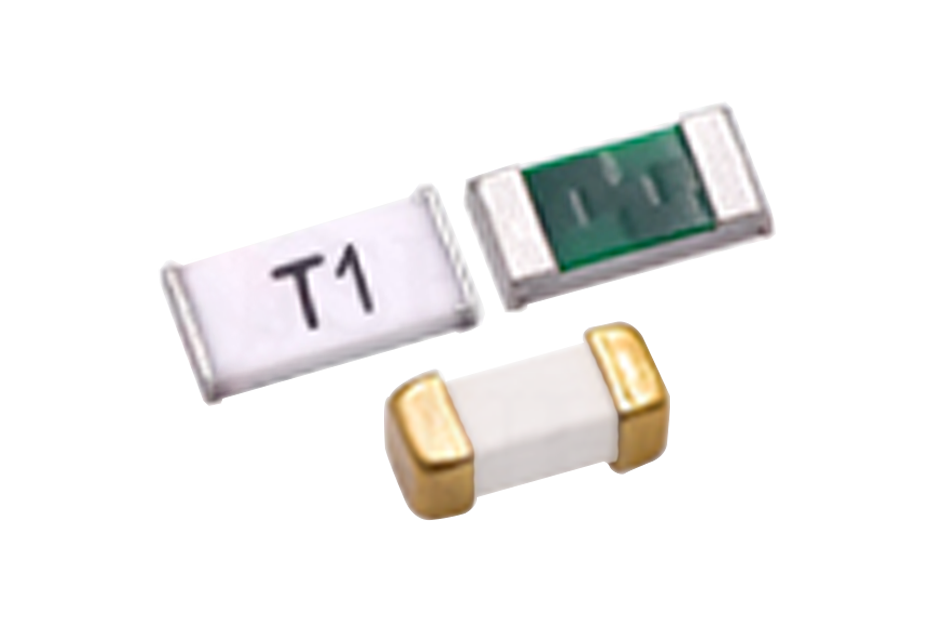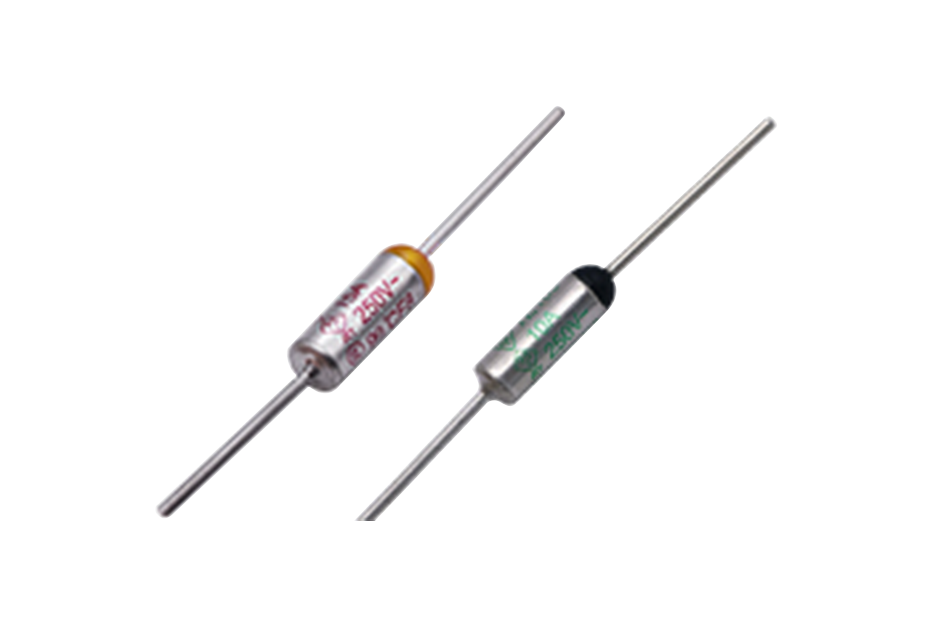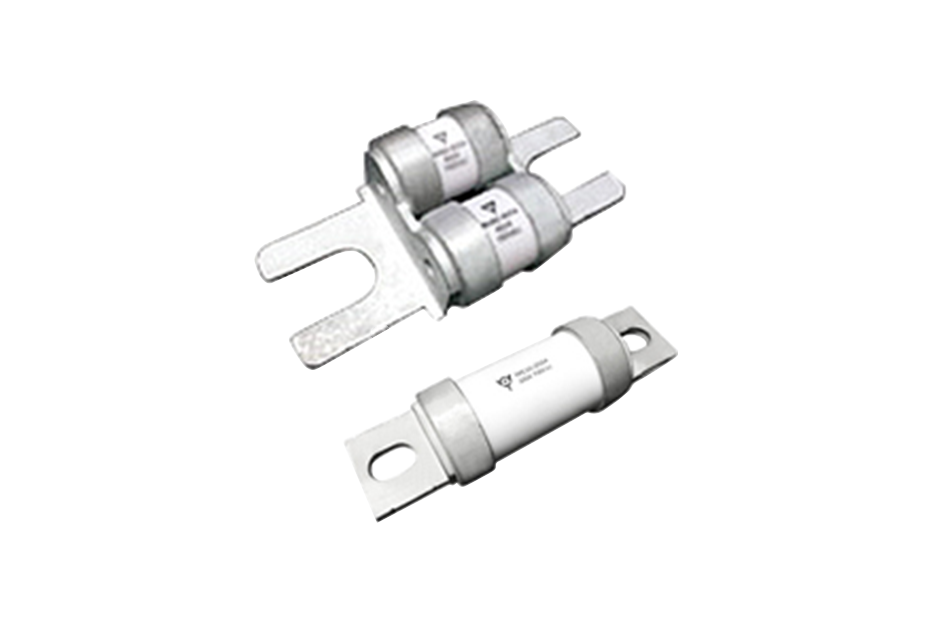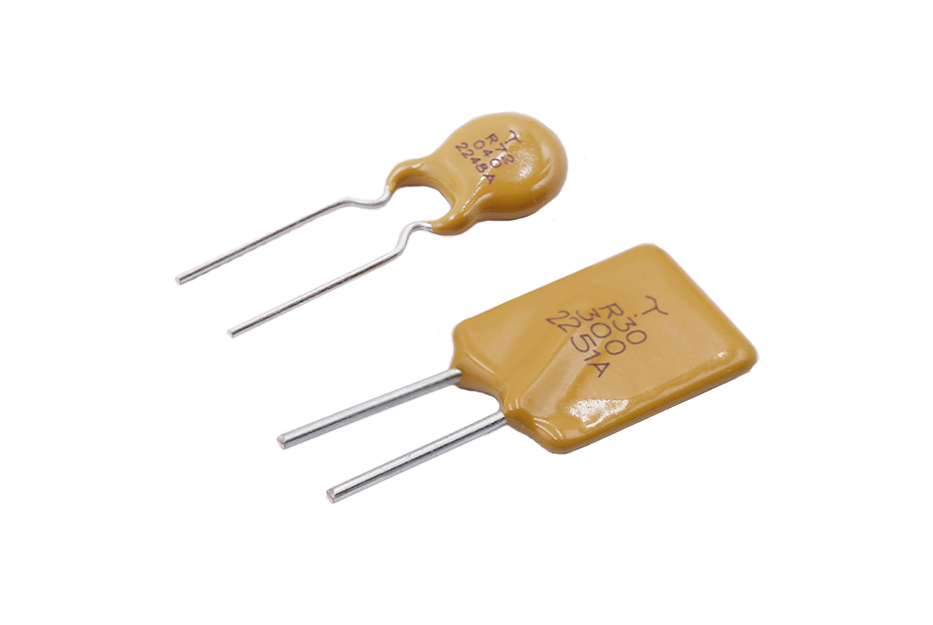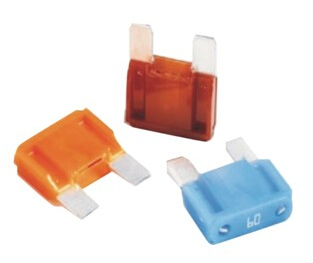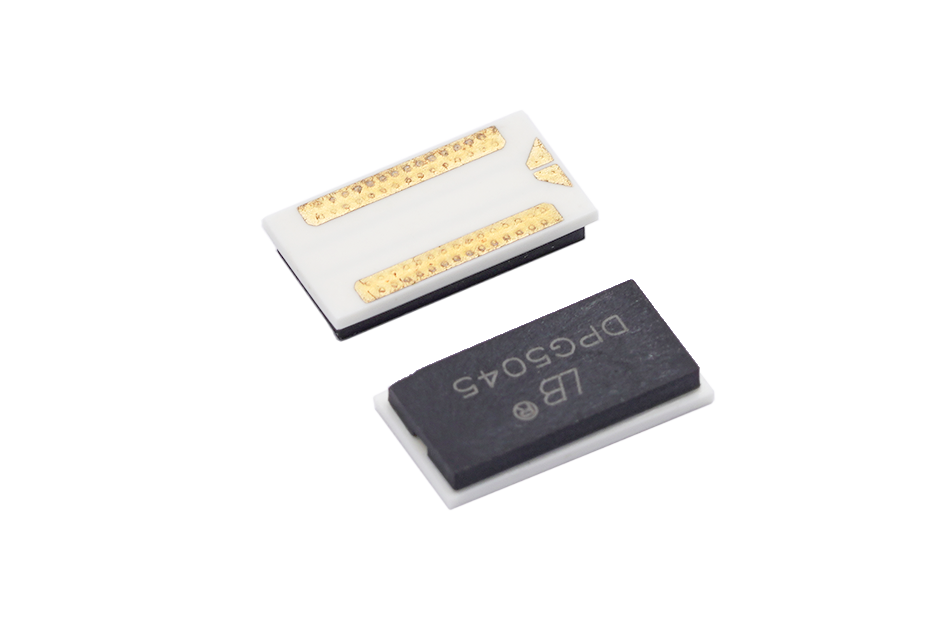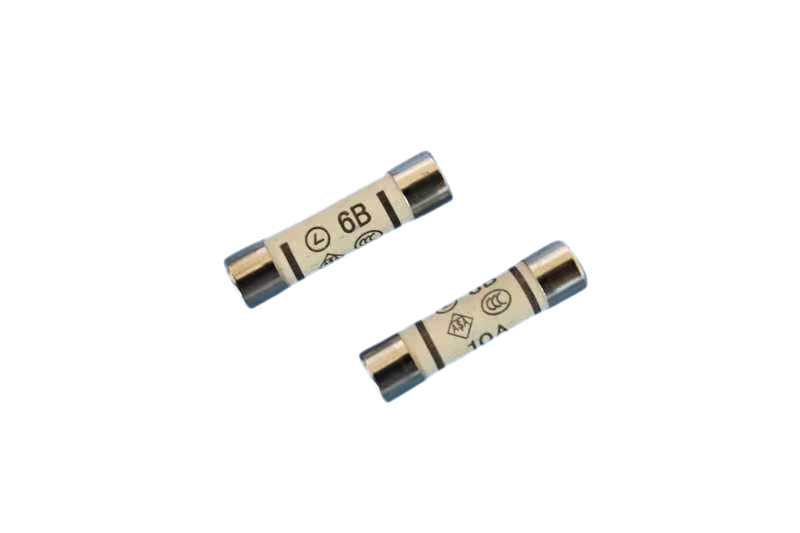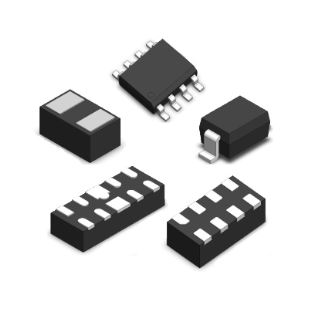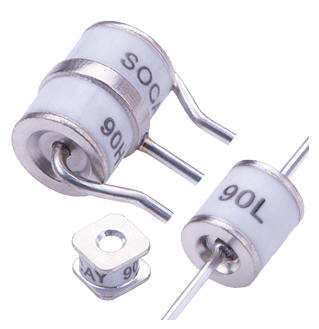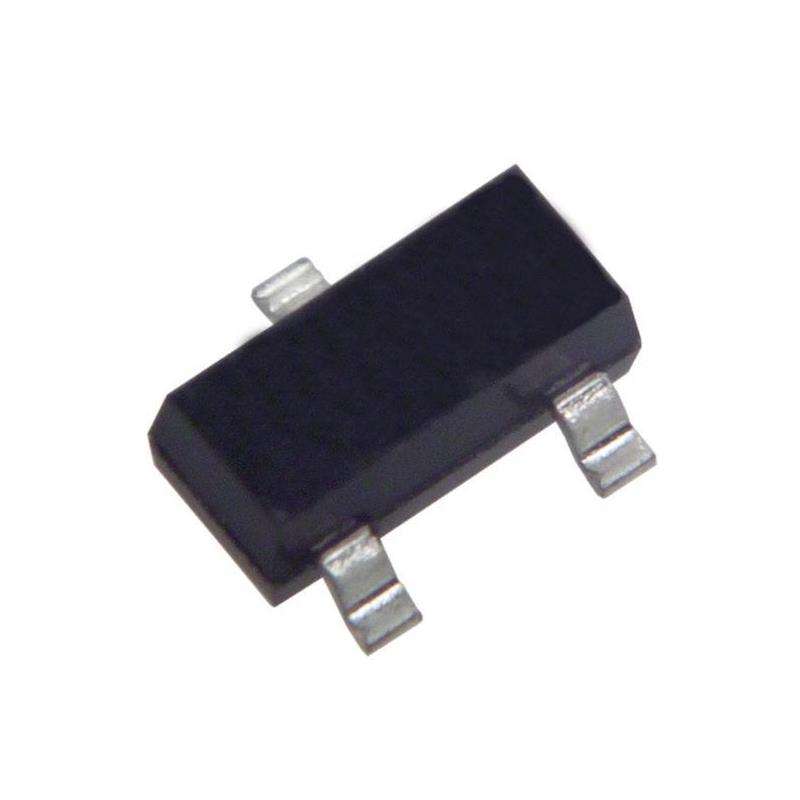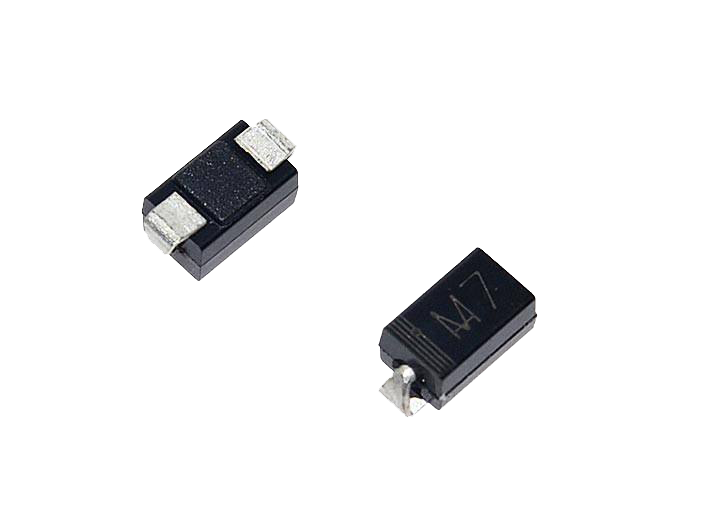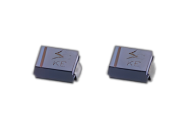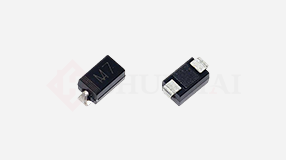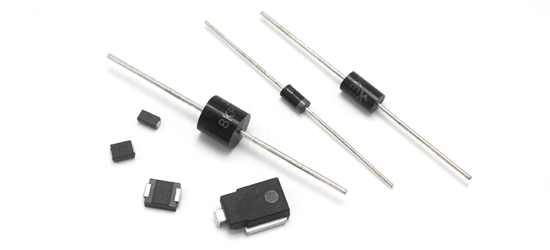List of alloy resistance selection models and online price inquiry Purchase: Click on the image to enter
Alloy resistors are electronic components used for resistors in circuits. It is made of alloy material and has a certain resistance value and stability. There are various materials for alloy resistors, including nickel chromium alloy, manganese copper alloy, iron chromium aluminum alloy, etc. According to the composition and proportion of the alloy, the resistance of the alloy has different characteristics and applicability.
One of the main materials for alloy resistors is nickel chromium alloy. Nickel chromium alloy resistors have high electrical resistivity and low temperature coefficient, enabling them to maintain stable resistance values over a wide temperature range. It also has good corrosion resistance and high-temperature performance, so it is often used in circuits in high-temperature environments, such as ovens, water heaters, and automotive engine control systems.
Manganese copper alloy is another common alloy resistance material. Manganese copper alloy resistors have lower resistivity and higher thermal diffusion coefficient, enabling them to withstand larger current loads in high-power circuits. It also has good high-temperature resistance and stability, so it is commonly used in high-power electronic equipment, such as welding machines, power supplies, and frequency converters.
Iron chromium aluminum alloy is a new type of alloy resistance material. It has lower resistivity and higher thermal stability, and can maintain stable resistance values in high-temperature environments. In addition, iron chromium aluminum alloy resistors also have good corrosion resistance and low temperature coefficient, making them widely used in automotive electronics, aerospace, and military fields.
In addition to the common alloy resistance materials mentioned above, there are also other special materials used for specific applications. For example, platinum alloy resistors have very high stability and precise resistance values, and are commonly used in precision measurement and scientific research fields. Nickel iron alloy resistors have a lower temperature coefficient and good stability, and are commonly used in temperature sensors and constant temperature controllers.
The functional role of alloy resistors is mainly reflected in resistance regulation and current limitation in circuits. By selecting appropriate alloy materials and resistance values, the current and voltage in the circuit can be adjusted to achieve control and protection of the circuit. Alloy resistors can also be used for current limiting and shunting, avoiding overcurrent and short-circuit phenomena in circuits, and protecting the safe operation of electronic devices.
In short, alloy resistors are an important electronic component with multiple materials and different functional functions. According to practical application requirements and functional requirements, selecting appropriate alloy resistance materials can effectively improve the performance and stability of circuits. With the continuous progress of technology, the materials and performance of alloy resistors will continue to be updated and improved, making greater contributions to the development of the electronic field.

